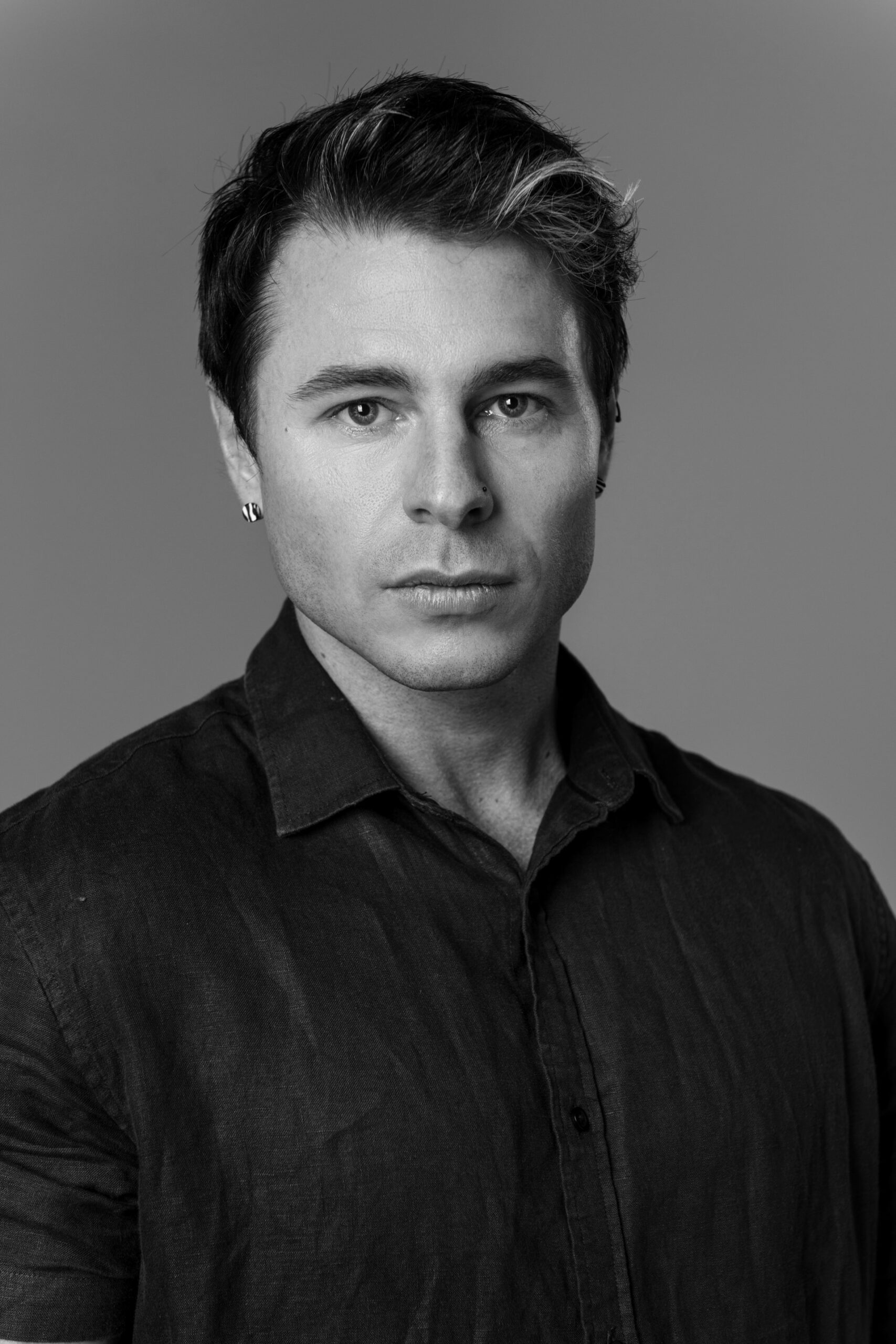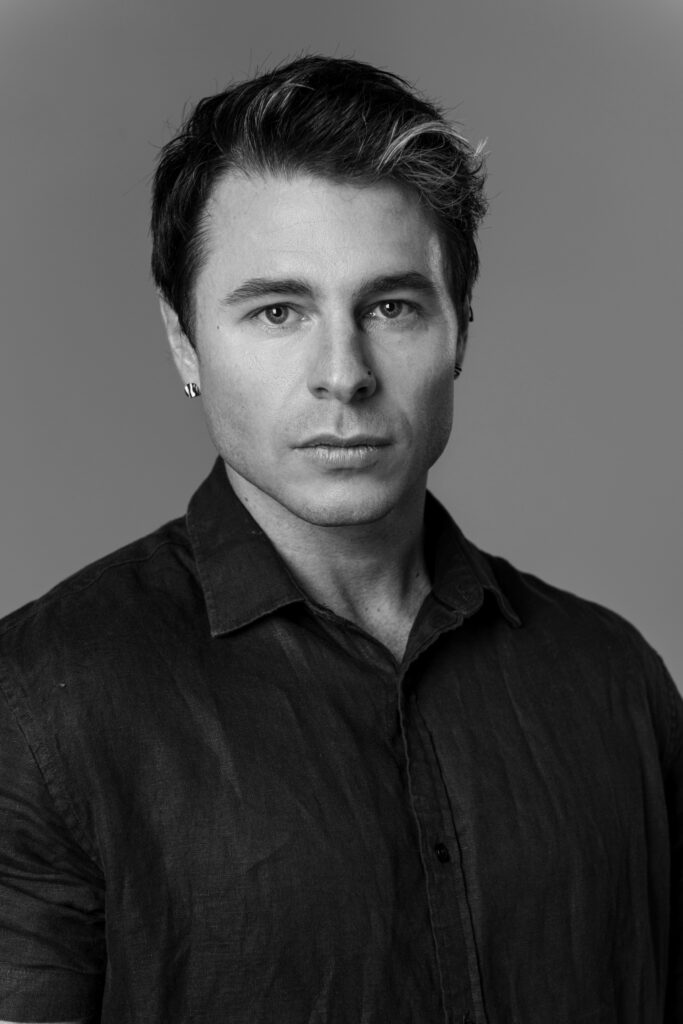
-Who is Peter Hartwig?
Born in Brisbane Australia, I’m currently 38 years old at the time of this interview. My fascination with art began early; I excelled in oil painting classes at the age of 9 but eventually set it aside for school and sports. Yet, my passion for creating never waned—I’ve explored various art forms. I’ve explored various art forms, from performing in plays and musicals to writing comedy skits for burlesque shows. My professional life as a bodybuilder and coach even blended athletic performance with artistic expression, crafting routines that merge martial arts with interpretive dance.
I have always had a passion for storytelling. Although I returned to painting sporadically in my 20s, it was in my 30s that my artistic endeavours truly deepened, leading to the creation of the ‘Beneath the Soil’ art series. This series inspired my experimental film of the same name, which was honoured with the Best Super-Short Film award at the 8 & Halfilm Awards—a pivotal achievement for me.
At 35, I made the challenging decision to pause my career and attend film school for a year, a choice that impacted my finances and professional trajectory. However, my commitment to art and storytelling is unwavering. It’s an integral part of who I am, and something that will shape aspects of my work and life in the future.
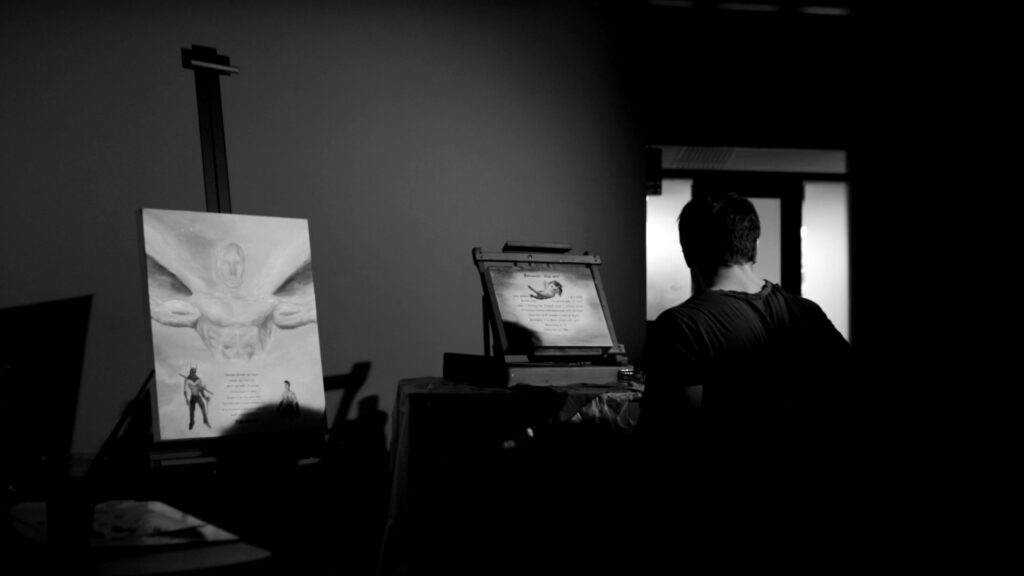
-What inspired you to become a filmmaker?
Amongst the different forms of creative expression, I gravitated towards film-making because of the impact that many films have had on me. The accessibility of filmmaking today, where compelling narratives can be brought to life on a shoestring budget, further fueled my interest. My initial inspiration for film-making came from an idea I had that I originally wanted to write as a play. However, as I fleshed out the concept, I realized the potential for a more expansive and unrestricted storytelling medium. Film, with its fewer limitations, offered the perfect canvas to bring my vision to life. This is currently the next film project I’m working on.
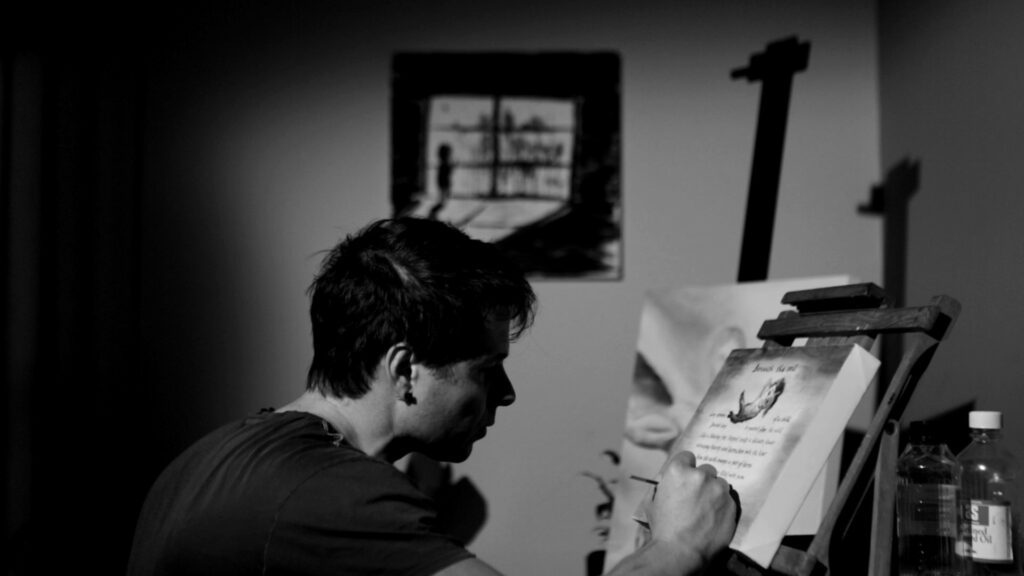
-Do you think the cinema can bring a change in the society?
Firmly believe in film’s capacity to drive societal change, a phenomenon well-supported by historical evidence. In film’s early days, when resources were limited, many films primarily served to propagate the agendas of the political parties who funded them, showcasing film’s direct role in fostering social transformation. Advertising also demonstrates film’s power to shape societal norms, influencing consumer behaviour and perceptions of status.
Emotionally compelling films subtly yet significantly impact society and culture. They present archetypes that mirror human existence, offering insights into our relationships and inner selves. Through these emotional journeys, films convey nuanced messages that resonate with audiences, potentially shaping societal values.
I think it’s important to highlight important issues within society. However, I don’t like it when it’s completely ‘on the nose’, and it feels like propaganda is being rammed down our throats. I advocate for a nuanced approach over overt didacticism, which risks alienating viewers. When messages are delivered too directly, it can strip audiences of their sense of autonomy, leading to resistance rather than engagement. Conversely, presenting themes through subtle, artful storytelling invites audiences to form their own interpretations. This method fosters a more organic acceptance of ideas, avoiding the pitfalls of feeling coerced or demeaned into adopting a particular viewpoint.
-What would you change in the world?
If I could change anything in the world, I think it would be that everyone had shelter and enough to eat. There is so much disparity in the world. According to experts, there seems to be enough resources to do this, but greed and politics prevent it from being so. It seems simple but obviously a very complex problem.
It’s human nature that if someone obtains something without the mechanisms of defending it, other humans will often take it, so you end up with greed and gluttony ruling over a lot of things. In my art series ‘Beneath the Soil,’ the inaugural piece, ‘Torn,’ touches on these themes. The poem intertwined with the artwork delves into these issues with duality as the central theme. Sometimes it is easy to see what is happening in the world, but I don’t have a magic wand to solve issues like this. If I did, it would be one of the first things I changed first.
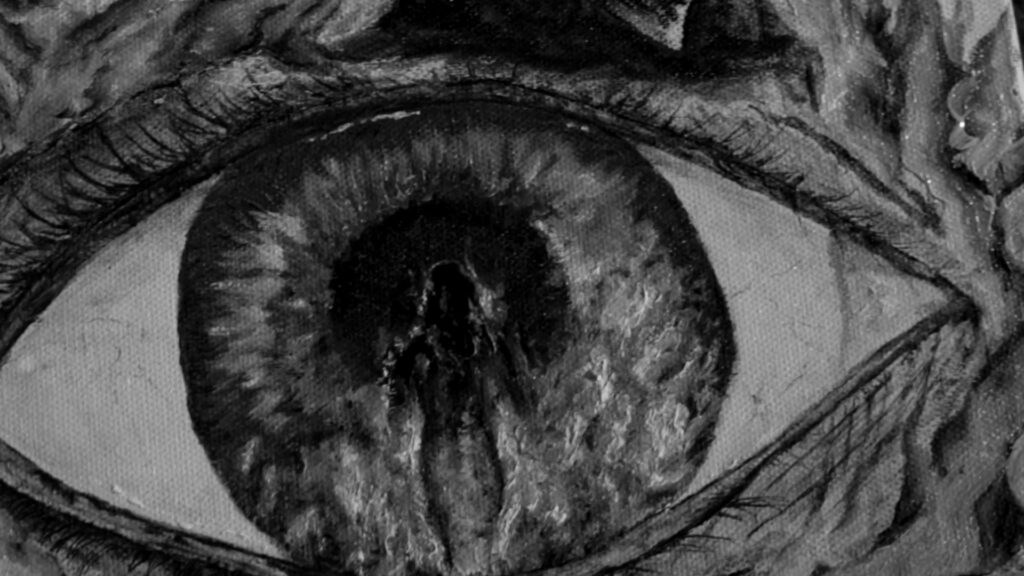
-Where do you see the film industry going in the next 100 years?
I think that Artificial Intelligence will have a huge influence over film in the next 100 years. It is already becoming prominent in it’s early stages within every aspect that involves technology. I think this makes it hard to predict what films will be like in 100 years, but I do believe that they will likely be significantly different to today. Combining this with Virtual reality, who knows where we will end up.
